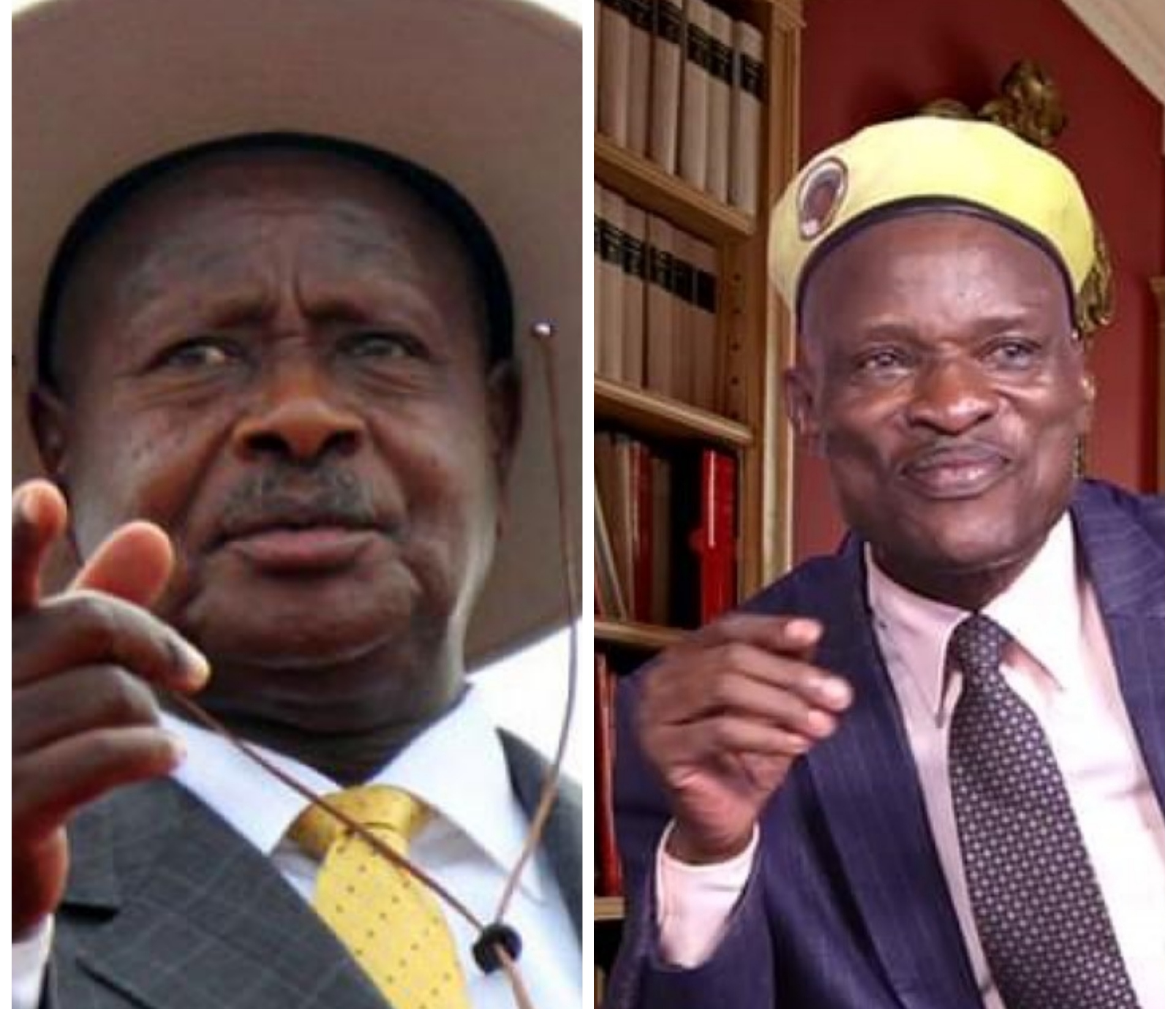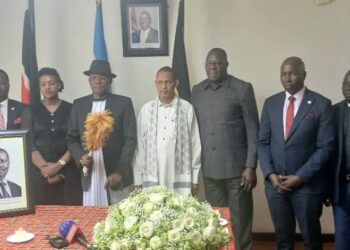Joseph Tamale Mirundi, the former Senior Presidential Press Secretary has said that President Yoweri Museveni is wrong to “fight” the late former president Idi Amin because he is an integral part of Uganda’s history.
Gen. Amin’s regime in Uganda is regarded as one of the most notorious and brutal in Ugandan history and continues to cast a long shadow over the nation’s collective memory.
His regime is accused of egregious human rights abuses, including the deaths and disappearances of countless Ugandans during his rule in the 1970s. Amin’s name remains synonymous with tyranny.
One noteworthy effort to commemorate Amin’s era came from Kaps Fungaroo, the former Obongi County MP, who sought a license for an institute dedicated to the memory of the former President. However, upon hearing of the request, Gen. Museveni vehemently rejected it, arguing that Amin’s government was illegal and Amin himself was an unconstitutional leader.
“We do not have to talk about Amin destroying the Ugandan economy by his ignorant expulsion of our Indian entrepreneurs who went away to enrich Canada and the United Kingdom. Therefore, it is not acceptable to license an institute to promote or study the work of Amin. It is enough that the forgiving Ugandans forgave the surviving colleagues of Idi Amin. Let that history be forgotten,” he said.
Nevertheless, Mirundi while on a local YouTube media channel on Wednesday challenged Gen. Museveni’s inclination to relegate Amin to the annals of history, asserting that the repercussions of Amin’s actions still reverberate within contemporary Uganda’s political and socio-economic landscape. By suggesting that Amin is “part of us,” Mirundi urged Ugandans to confront a painful truth: the past remains intertwined with the present, shaping the nation’s identity and ongoing challenges.
Mirundi extended his critique beyond Amin’s legacy, delving into a broader indictment of successive Ugandan governments especially the post Amin’s regime doing the same as Amin.
He argued that every administration, including the current one led by President Museveni, has been marred by allegations of violence and economic struggles. This assertion confronts the uncomfortable truth that while the faces in power may change, the problems facing the nation persist.
“Museveni should refrain from dictating our affections; Amin is an intrinsic part of our national tapestry. In fact, Obote II presided over a higher death toll than Idi Amin, yet Amin’s name remains tarnished due to the Western world’s animosity toward him, fueled partly by his Muslim faith. Can we attribute the thousands of skulls in Luweero to Amin? Amin targeted those he deemed a threat to his government, a strategy mirrored by many subsequent administrations. Name one government that would perceive a threat and send a priest instead of armed forces. Amin is an indelible chapter in our history, unalterable by time,” he emphasized.
In response to allegations that Amin’s rule negatively impacted Uganda’s economy, Mirundi challenged Gen. Museveni to evaluate the country’s current economic condition in comparison to Amin’s era, inviting Ugandans to pass their judgment.
“All African leaders, including Museveni, have had their impact on their countries’ economies, so Idi Amin is not the sole culprit. We all have our flaws, and history will remember them. Amin, for all his complex legacy, remains popular because of his positive contributions to our nation. He introduced initiatives like the Uganda Transport Company (UTC) and Uganda Airlines. Regrettably, some of these achievements were dismantled during subsequent regimes, including the demise of UTODA. Museveni’s aversion to Amin is well-known, but we must acknowledge that every government has, at times, resorted to actions that cost lives. Amin’s State Research Bureau is now Museveni’s ISO, what is it for? Is it for tourism? Therefore, this prompts us to question its purpose. This pattern suggests that governments often prioritize self-preservation, even if it comes at a cost to some of their citizens.”
Tamale Mirundi’s message to President Museveni serves as a stark reminder that the legacy of Idi Amin and the weight of government actions in Uganda’s history cannot be easily discarded. Mirundi’s assertion also reminds us that every government has its own dark moments of violence and economic challenges underscores the need for reflection, accountability, and a collective effort to build a better future for the nation. It is a call for a reckoning with the past and a commitment to ensure that the mistakes of history are not repeated, as Uganda strives for progress and prosperity.
Do you have a story in your community or an opinion to share with us: Email us at editorial@watchdoguganda.com














